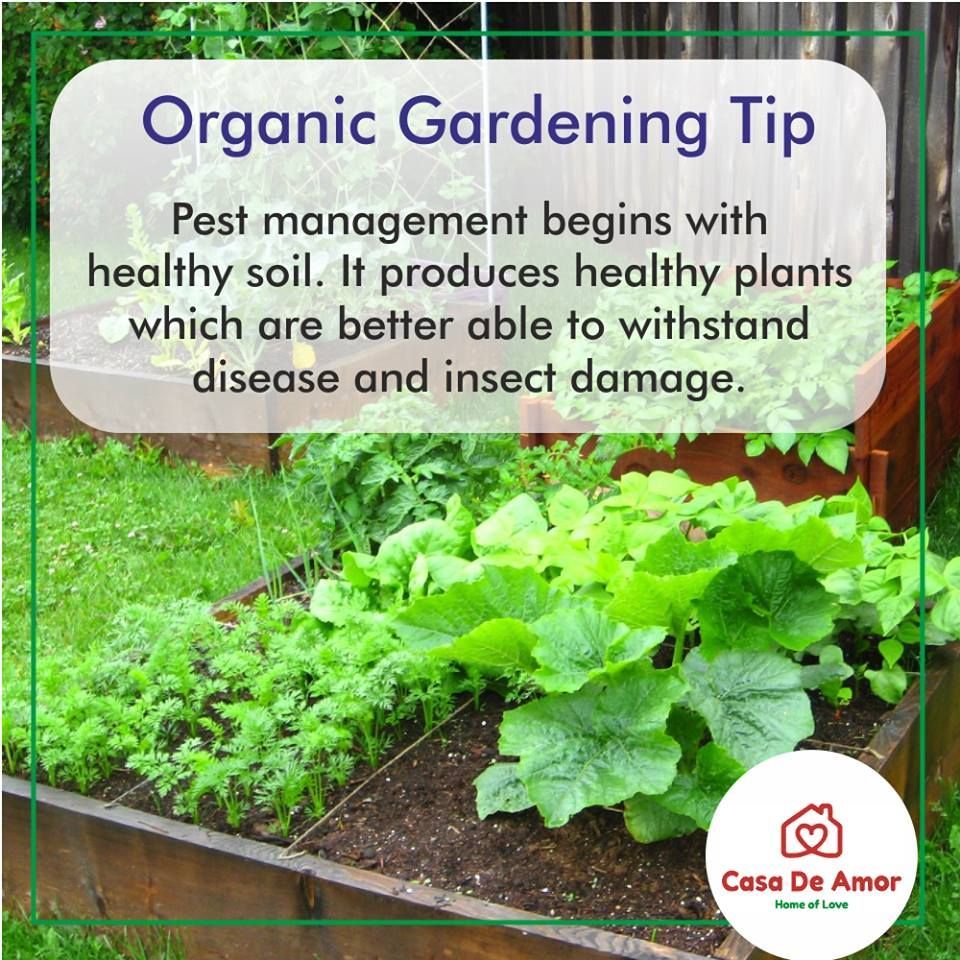Organic gardening techniques for self-sufficiency have gained popularity in recent years as more people seek to live a sustainable and eco-friendly lifestyle. By growing your own fruits, vegetables, and herbs, you not only ensure that you are consuming healthy and chemical-free produce but also reduce your reliance on grocery stores.
One of the key principles of organic gardening is to work with nature rather than against it. This means avoiding synthetic fertilizers, pesticides, and herbicides that can harm the environment and disrupt the natural balance of ecosystems. Instead, organic gardeners focus on building healthy soil by using composting and soil enrichment methods.
Composting is an essential practice in organic gardening. It involves collecting kitchen scraps such as vegetable peels, coffee grounds, and eggshells along with yard waste like grass clippings and leaves. These materials are then layered in a compost bin or pile where they break down over time into nutrient-rich humus. Compost can be added to garden beds to improve soil structure, retain moisture, and provide essential nutrients for plant growth.
Another technique used in organic gardening is crop rotation. This involves planting different crops in different areas each year to prevent the buildup of pests and diseases specific to certain plants. By rotating crops regularly, you can reduce the need for chemical interventions while promoting healthier plants.
Natural pest control methods are also an important aspect of organic gardening. Companion planting is one technique where certain plants are grown together to deter pests or attract beneficial insects that prey on them. For example, marigolds can repel aphids while attracting ladybugs that feed on these harmful insects.
Mulching is another effective method for managing weeds naturally. By covering bare soil around plants with organic materials like straw or wood chips, you suppress weed growth while retaining moisture in the soil.
Water conservation plays a vital role in sustainable agriculture too. Collecting rainwater in barrels or using drip irrigation systems minimizes water waste while ensuring plants receive adequate hydration.
To enhance self-sufficiency, consider saving seeds from your harvest. This allows you to preserve heirloom varieties and reduce the need for purchasing seeds each year.
Overall, organic gardening techniques provide a holistic approach to growing food while minimizing environmental impact. By embracing these methods, individuals can create thriving gardens that not only feed their families but also contribute to a more sustainable future.


Leave a comment